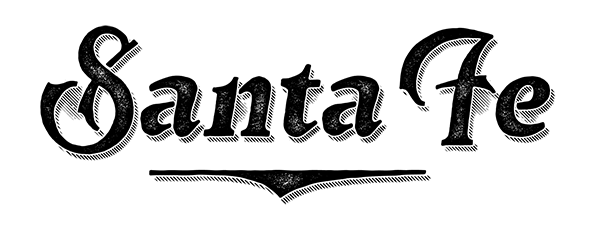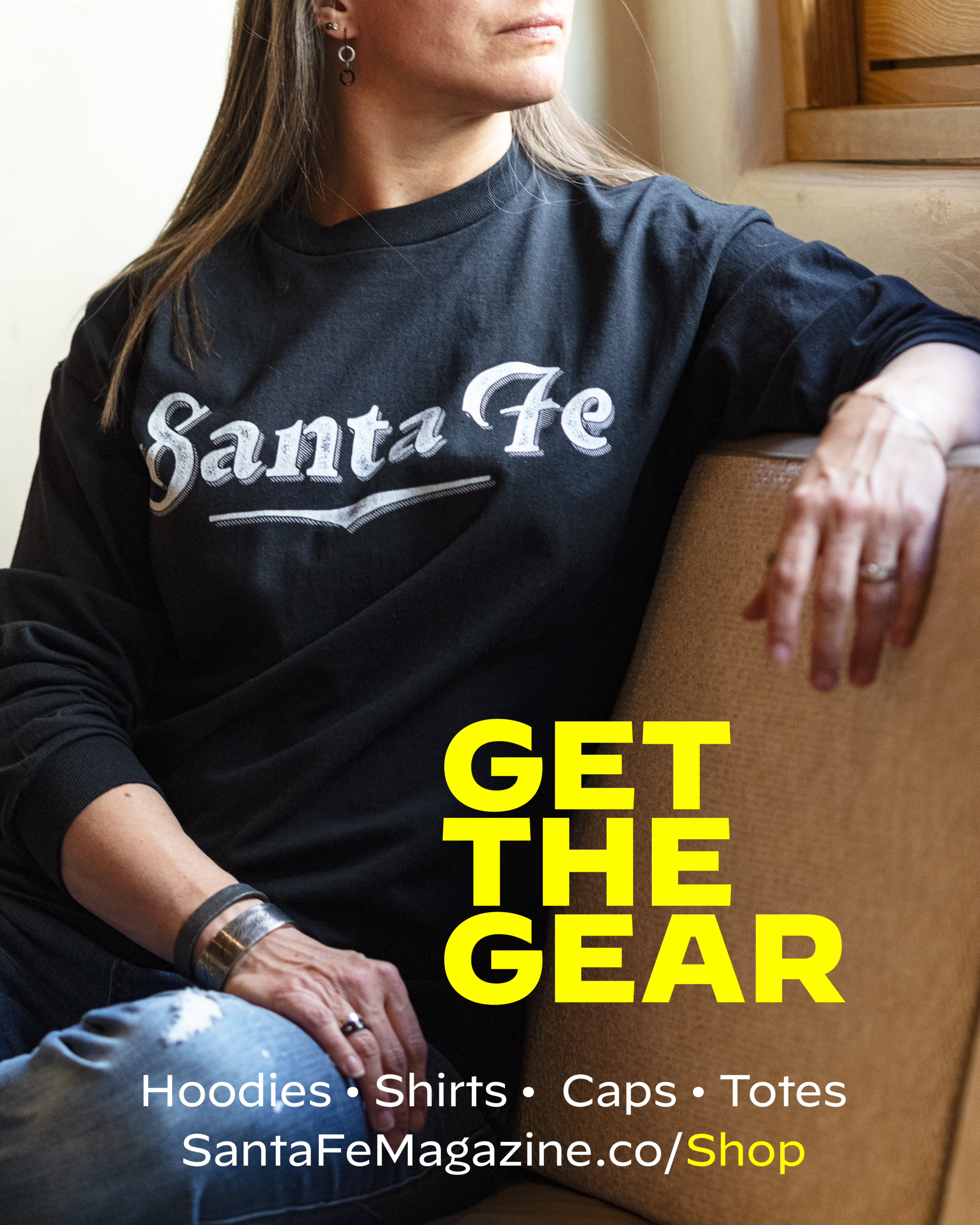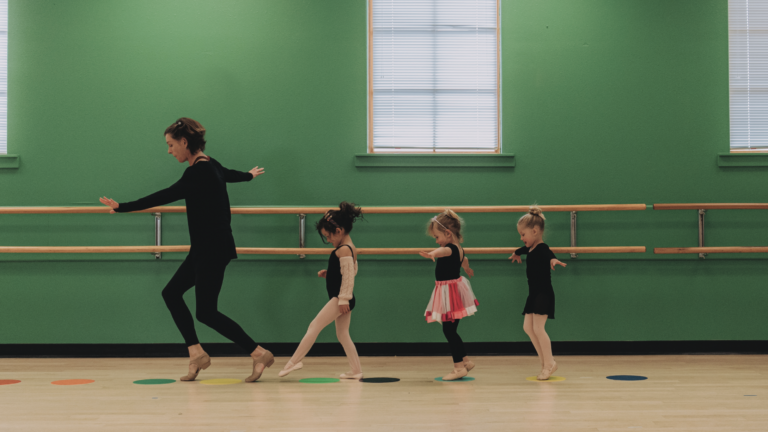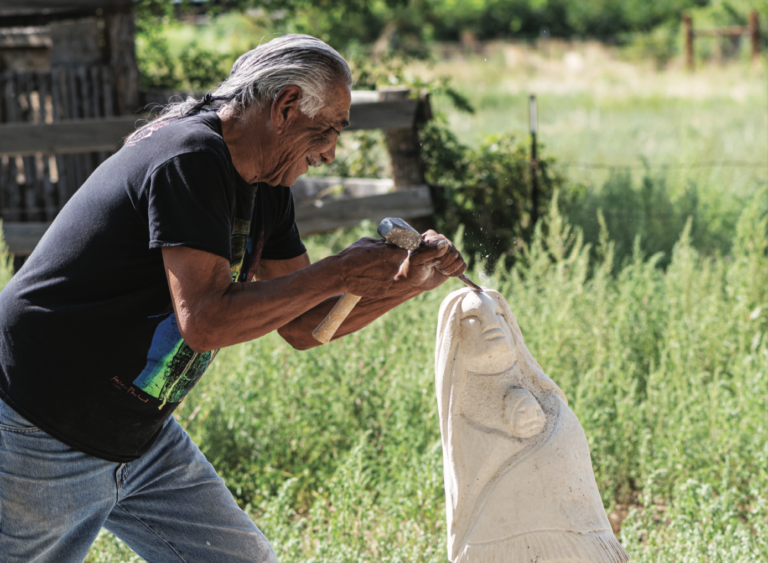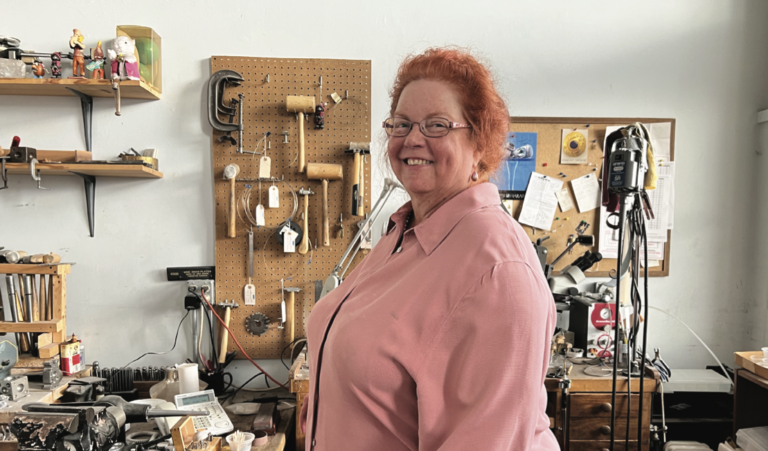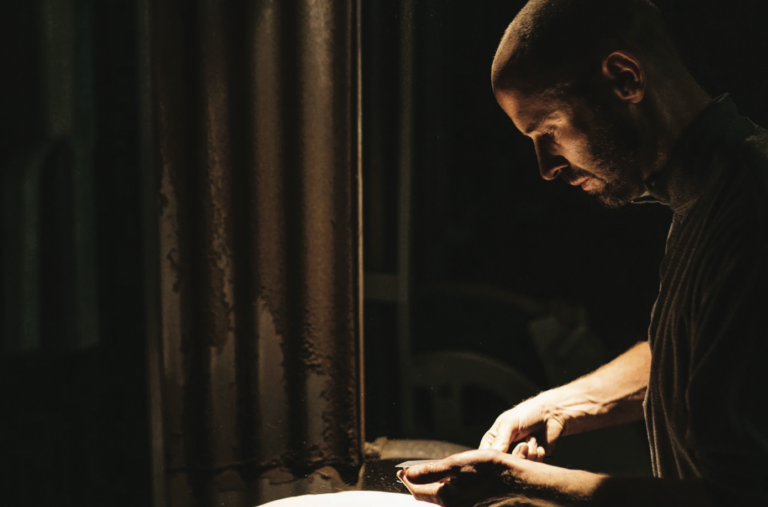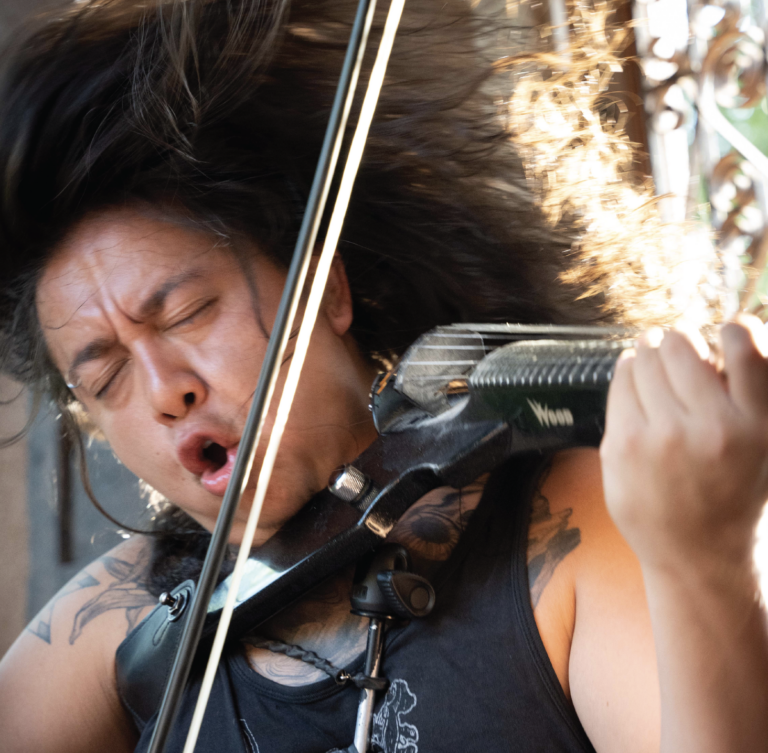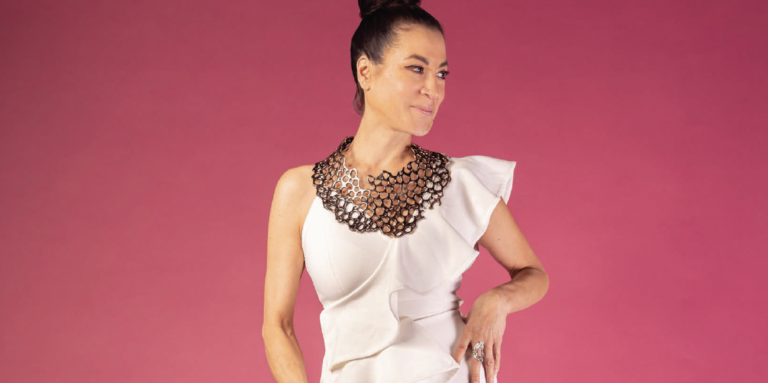THE GREAT MYTHS, the canonical stories, they explain us. They help us organize our dreams, actions, loves, fears, and losses into context, into larger meaning. And they even explain the people who think the myths have no relevance (that is part of the story.) Myths are larger than any one person, time, or place. They are universal, archetypal, and they play out everywhere.
To wit:
Exodus is an ensemble group – an immersive theatrical experience – formed from 13 recent graduates of the famed conservatory, DePaul Theatre School in Chicago. In the time of Covid, just out of school, they found stalled careers, but more than that, they began to question just what they were doing in the seemingly bankrupt, desolate, unpromising place they landed.
Then, a few chosen ones received an unexpected email from April. It was startling in its courage and its challenge. It went something like this:
Forget Egypt, forget what was home! Leave, come to Santa Fe, a place of infinite promise.
Let’s start a company of new ideas for performing the classics. We will create a new form of the old stories because they are true and wonderful and free. We will transform them, edit them, even despise them. And they will absorb it all and shine even brighter.
We will live together and work together. We will live intensely,
We will break the rules about finance, of how to make it all happen. We will out necessity and belief, improvise. But we will never fail to live.
We will produce something that we deeply care about, that will make others care it about in ways they never have cared about theater.
So they came from New York, Chicago, Los Angeles, from their parents’ homes and shared studios, from here and from there. They came alone, or in pairs. But come they did.
They had no idea what would happen.
They worked hard. There were trials, temptation, doubts, fears, and parties.
Then, two plays in production, it was almost impossible to get reservations.
They had donors, they had audiences, and maybe they had found their dream.
We captured this epic journey in pictures, in drama, and in fashion.
Because, in times like these, finding meaning in our life – a journey as old as time and as clear as water on a mountain stream – is just what we need.
What’s it like to live and work together?
Ryan: It’s been great to just be with a group of creative people that give me
the opportunity to really put my foot out there. I feel like people actually have my back instead of just giving me compliments for the sake of not wanting to hurt my feelings.
Gracie: It’s a delicate ecosystem to have this many people living and working and rehearsing with each other all the time. And it really demands a very high, passionate, sophisticated level of interpersonal communication, of experimenting with each other. We owe it to each other to be the best versions of ourselves in many different avenues.
Matt: You’ve brought people together who normally do project-based work. Actors, right? And directors and freelance contractors who would normally go and work on a project and do it for the amount of time that it needs to be done – whether that’s a couple of weeks or a few months or a year – and then walk away. There’s something really juicy and lovely in the art that we’re creating by sticking with the process for over a year and a half now, sometimes working the same material over that extended period of time but creating new material every day as well.
You have to be there for each other. You can’t just drop out.
Ryan: We can’t just break up. It’s actually really amazing and kind of a miracle that I can rely on these people. With every show that we do, it’s a deep reminder of how rewarding it can be because we can get frustrated with ourselves more than anything and then take it out on each other, but we also hold space for each other and each other’s feelings. Then to see the audience react to what we’ve been working so hard on is always very, very reassuring for me.
You do immersive theater. You are actually getting to know your audience, and your audience is getting to know you.
April: As the director of the group, the thing I care most about is that theater pushes forward as a form. Theater thousands of years ago was a civic center, and it was experiential. If you think about the Greeks and the most graphic stories told imaginably, I think the art form has become extremely dead. Honestly, it’s really boring to go to the theater 99% of the time. I think one of the great things about Santa Fe and even about COVID is that people are less willing to be bored, and they’re more willing to admit that things can be extraordinary. Theater has the capacity to transform people and to connect them deeply.
And so, what we do – using immersive theater as a non-traditional format – is to take extraordinary acting and extraordinary stories, and then add the ingredient of an experiential age, which is really a throwback to thousands of years ago. There’s something so adventurous about Santa Fe in general; people come to New Mexico to have extraordinary experiences, whether that’s the mountains or the open-air opera or Meow Wolf or whatever it is. They come here with the expectation that they wanna try something different and they wanna be changed, and that’s the reason I think Santa Fe is such a good place for what we’re doing. People have the expectation of something different.
What made you call your theater company Exodus?
April: We all came from different places and embarked upon Santa Fe in a mass
exodus, and there are lots of Jews in the company [laughter]. We left a place when COVID changed the world in an abrupt way and landed here.
You have made a habit of updating classics and making them relevant.
Zoe: I don’t think we’re necessarily updating, but I think we’re reimagining them. We’re creating new worlds based on these sort of archetypal texts with extremely, deliciously high stakes. Working in the pre-pandemic theater scene as a director and a creator, I often felt really trapped in serving the modern playwright’s story. I would always intentionally look for texts with a lot of empty space so that I could create my own worlds within them. But we have deep respect for these classics, and the freedom to create and reimagine and take a sledgehammer and throw it at a page has really made us a classic text group.
So tell me about the odyssey of coming here. You’re a bunch of actors who showed up in Santa Fe and started putting on productions?
Kya: I was living with my family in New York City, just having graduated from DePaul. When the pandemic rolled around, I lost my job and auditions dried up. And then I received an email from April asking me what I would think about going to the desert. April was involved, and I trusted her – she is the reason I started taking myself seriously as an actor. So I jumped on board. This magical email that had articulated images of what we would look like against rocks and projections in the desert…it was something I wanted to be a part of. I wanted to be naked in the desert, so it made sense.
Gracie: I wanted to be naked.
Matt: I said no to April, initially.
It was not because I didn’t believe in her. April is a very talented, driven human who has inspired me, but when the pandemic hit, there was no work for actors and there was no guarantee of money moving out here, so I went back and worked in an industry where I could make some money. Capitalism is real. The idea of feeling secure in the world is real, and it’s not always easy as an artist to sacrifice comfort and stability. So I said no initially because I was scared; I was a scared artist being like, I gotta make money, I have student loans. We all have student loans, by the way. We went to a very expensive conservatory. I hope DePaul can change that in the future.
Anyway, after a few months, April called me and asked if I would come film a really rough first draft of the show that they had been working on. So I came and filmed it and experienced four days in Santa Fe, and I was blown away as an actor and artist. I was in awe of what they had created, and that is what has happened to everybody that has seen it thus far. They have been in awe, they have been moved. Something really, really special has happened.
It was that moment that made me think, What am I doing? I gotta be out here.
How do you all survive?
Gregory: The people who have supported us have been like pillars in the Santa Fe community. There have been a lot of people who knew people, a lot of people who have seen our work and said, You should meet this person…
People obviously like what we do, and they want to give. We run just on donations, so we’ve had enough push and enough buzz and enough income just by people believing in us, and I think our work speaks for itself; we’ve been able to tap into a really rich market.
Matt: In high-end theaters or on Broadway, you pay $500 or $1,000 for tickets. I think our experience is worth far more than that, but this community and culture is not used to paying a high amount for quality theater outside of Broadway or Steppenwolf.
I think other cultures, especially in Europe, value their theater far more. But I think that’s why a donation model works the best as we start to develop and try out new material to figure out how to create a model that works to sustain what we’re doing. For now, people are actually willing to donate more than they would just buying a ticket because they are inspired by the work, and that’s sort of where we’re floating around right now until we have to make a transition – maybe someday, maybe not.
What striking moments have you experienced since coming to the desert?
Gregory: In the meeting where we all bought into this company idea, there
was a blackout on the entire street block. At that moment, we all held
hands, came together, took a deep breath, and – right then – all the lights came back on. I knew I was where I was supposed to be.
Ryan: I was the last person to join this group. I heard about all of this
happening back home in Chicago; everybody who went to DePaul heard about
it. Everyone was like, What the hell are they doing? The stamp that was put on it was, There are twelve people doing naked art in the desert. And now I’m here, and my life is completely different than it was a year ago. I am incredibly fortunate and privileged and grateful to be doing this, to be with people who love it and encourage each other’s work and ideas. That’s not what auditioning is like in the real world, in America. That’s like you hope for the best and expect the worst, and here it’s just, What are we doing today? And we find out. And it’s typically extraordinary.
Zoe: The most extraordinary thing I’ve ever seen in my life was when we threw our first gala, a fundraiser, and one of our supporters said, If you hung around Greenwich Village in the ’60s and you knew a guy named Bob Dylan, people would wanna touch you. And people are gonna say that if you knew Exodus in Santa Fe in 2020, they are gonna wanna touch you. And then he said, Next ten people who jump in a pool, I’ll donate $1,000 per person.
April: I believe in this ensemble model where you work together over a long period of time because I’ve seen how it works in Switzerland and Germany; the level of sophistication of the work is much higher and happens much faster. We’ve been working with each other so long, so intimately that it’s almost mundane the level of graphic violence that we create together and how we can take these huge leaps together aesthetically.
Recently, we were working on a scene for Bathsheba. We were all brainstorming: “Okay, well, I think you should try walking in, you’re dead but you walk in, and you play this song on the guitar even though you’re dead, and you start singing and there’s a camera on you, and you guys make out but then you smother her with a pillow, and then you do this Breaking Bad moment where Walter White falls to the ground screaming, and then she comes over and covers you with a blanket and gives you a hand job…okay, let’s see what that looks like.”
And when I watched that scene, I thought, That is one of the most extraordinary moments I have ever witnessed in theater. It came together because we’re willing to trust that we can take these leaps together. It was graphic, intimate, and violent, and it made me wanna cry.
POSTSCRIPT: As we were going to press, the group had a near-death experience: they lost their performing place just as a new show was coming online. April notified her board, her actors, and investors. There was high-decibel concern, but no signs of flight. Happily, they have found a new site. April said this kind of thing had happened before. Hopefully, not again. But maybe, given the mortality rate of these kinds of ventures (at least statistically.) But this is the life they have chosen. Stay tuned.
Learn more at exodusensemble.com
Photos Gabriella Marks
